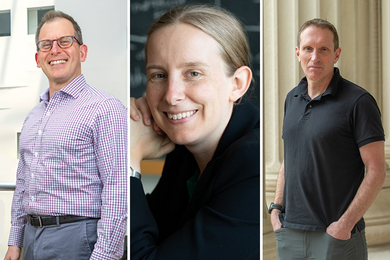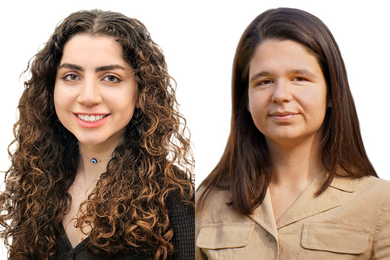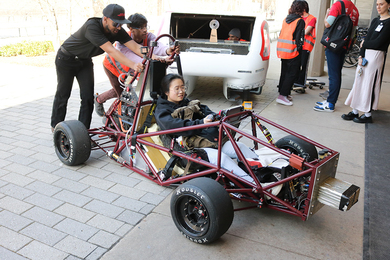Thanks to the support of libraries participating in Direct to Open (D2O), the MIT Press will publish its full list of 2023 scholarly monographs and edited collections open access.
Launched in 2021, D2O from the MIT Press is a sustainable framework that harnesses the collective power of libraries to support open and equitable access to vital, leading scholarship. D2O moves scholarly books from a solely market-based, purchase model, where individuals and libraries buy single e-books, to a collaborative open-access model, supported by libraries. Instead of purchasing a title once for a single collection, libraries now have the opportunity to fund MIT Press books one time for the world through participant fees.
“With the successful conclusion of our second year of Direct to Open, we are thrilled to make the press’s complete list of 2023 monographs openly available,” says Amy Brand, director and publisher of the MIT Press. “This achievement comes at a pivotal time for open science, research, and publishing and would not be possible without the partnership and collaboration of D2O member libraries and consortia. Together, we are proving open access scholarship is not only achievable, but sustainable and scalable.”
In its second year, D2O received support from 322 libraries around the globe, an increase of 33 percent from the first year. Expanding D2O’s international footprint, the press also entered into all-in agreements with Big Ten Academic Alliance and the Konsortium der sächsischen Hochschulbibliotheken, as well as central licensing and invoicing agreements with Council of Australian University Librarians, Center for Research Libraries, Greater Western Library Alliance, MOBIUS, Northeast Research Libraries, Jisc, Partnership for Academic Library Collaboration and Innovation, Statewide California Electronic Library Consortium, and Lyrasis.
“When we launched Direct to Open two years ago, we passionately believed that taking action to foster a more equitable, sustainable, and open scholarly communication ecosystem was vital and urgent,” says Amy Harris, senior manager of library relations and sales at the MIT Press. “Success was not guaranteed and has required dedicated, hard work to achieve this year; but we have been truly humbled by the support of all of the participating libraries and our consortia partners.”
As the MIT Press enters its third year of D2O, momentum among libraries and readers continues to build. D2O titles were accessed over 320,000 times in their first year of availability, with titles like “Active Inference: The Free Energy Principle in Mind, Brain, and Behavior” by Thomas Parr, Giovanni Pezzulo and Karl J. Friston; “The Entangled Brain: How Perception, Cognition, and Emotion Are Woven Together” by Luiz Pessoa; and “Cognitive Robotics,” edited by Angelo Cangelosi and Minoru Asada, finding large international audiences. The collection also features MIT-affiliated authors and books like “Dare to Invent the Future: Knowledge in the Service of and through Problem-Solving” by Clapperton Chakanetsa Mavhunga, professor of science, technology, and society at MIT and “Playing Oppression: The Legacy of Conquest and Empire in Colonialist Board Games” by Mary Flanagan and Mikael Jakobsson, who teaches and conducts research at the MIT Game Lab.
Readers can browse the complete D2O collection here.









